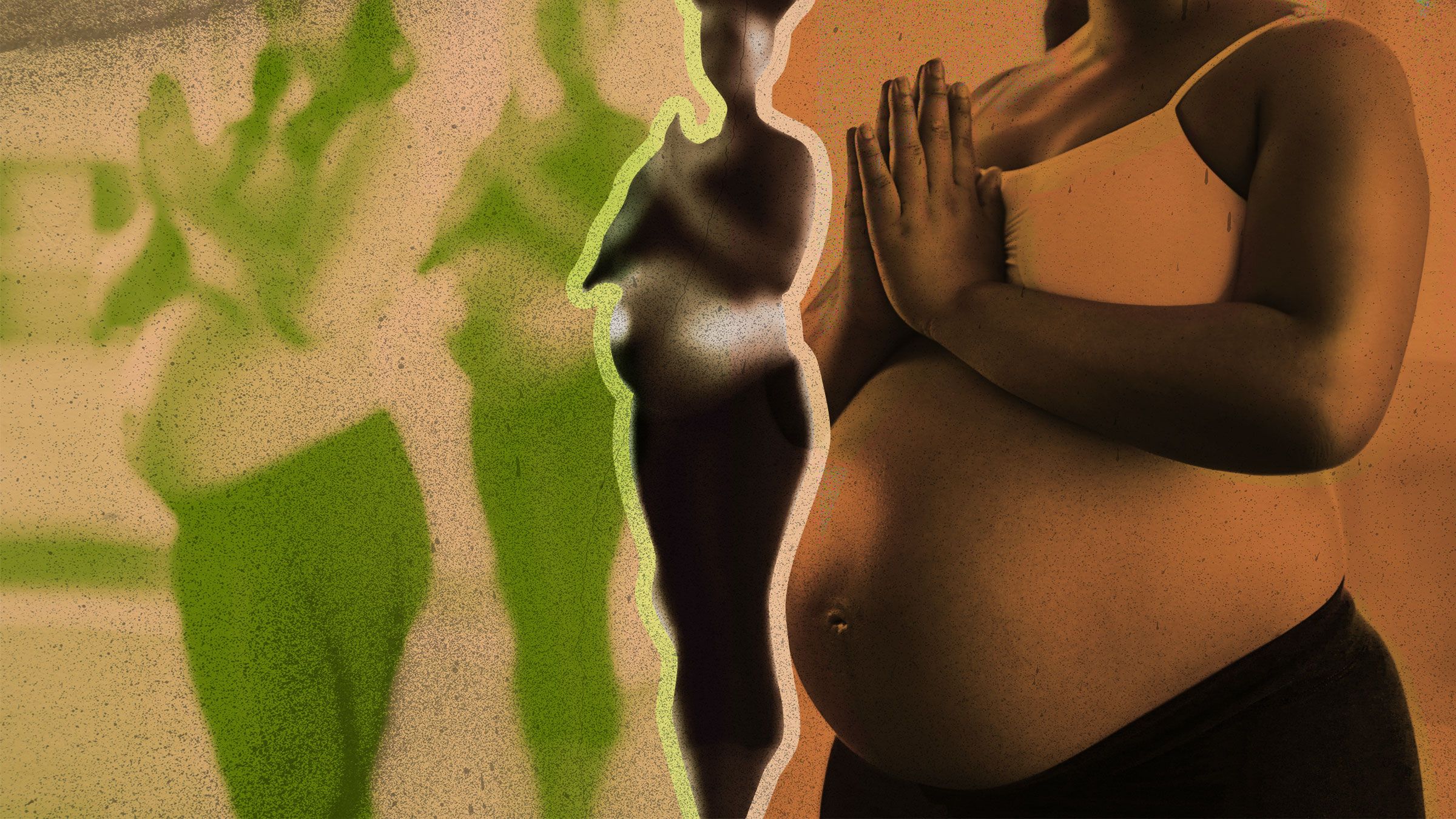Inequality Is a Health Risk—and It’s Getting Worse
Inequality, both in terms of income and access to resources, has long been recognized as a major social issue. However, recent research has shown that inequality is not just a problem of fairness—it is also a significant health risk.
Studies have found that individuals living in areas with high levels of income inequality are more likely to suffer from physical and mental health issues. This can be attributed to a variety of factors, including limited access to healthcare services, higher levels of stress, and reduced social cohesion.
Furthermore, the gap in health outcomes between rich and poor individuals has been widening in recent years, exacerbating the impact of inequality on both individual and population health.
Inequality is a complex issue that requires systemic change to address. Policymakers, healthcare providers, and communities must work together to reduce disparities in income, education, and access to healthcare in order to improve overall health outcomes and reduce the negative effects of inequality on society.
Failure to address these disparities will only lead to further health problems and exacerbate existing social inequalities. It is essential that we prioritize efforts to reduce inequality and create a more equitable society for all individuals.
Ultimately, the goal should be to create a society where everyone has the opportunity to live a healthy and fulfilling life, regardless of their socioeconomic status. Only then can we truly mitigate the health risks associated with inequality and work towards a more just and equitable future.
